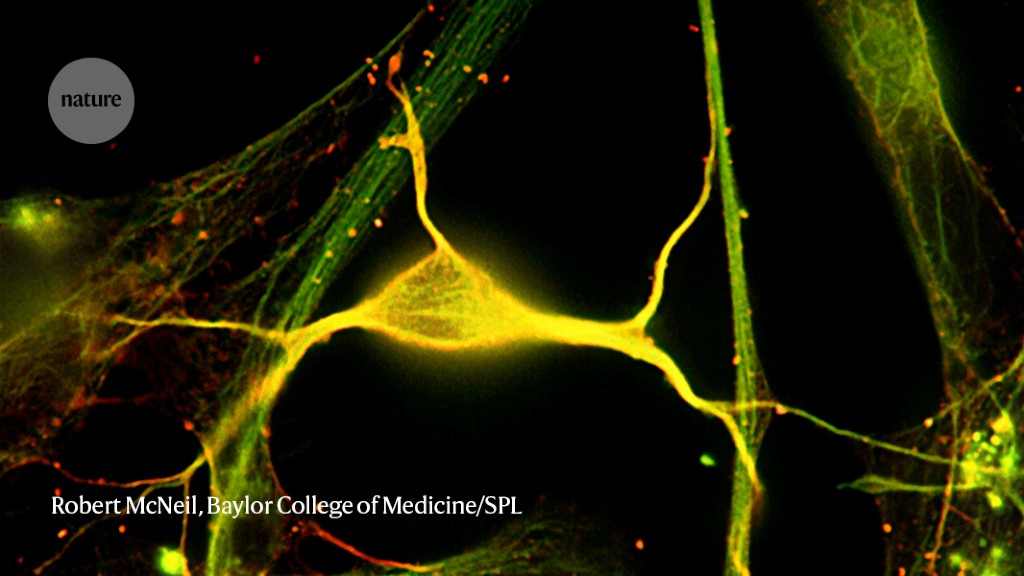Neuroscience
Cells in the hippocampus play a part in time-stamping unfolding events.
To recall a past experience, we need to piece together when specific events happened and in what order. Now, scientists have confirmed that humans have “time neurons” that encode this information.
Rodents have long been known to have time-keeping cells in the hippocampus, a seahorse-shaped brain structure that has an essential role in memory. To look for similar cells in humans, Leila Reddy at the French national research agency CNRS in Toulouse and her colleagues recorded electrical activity in the hippocampal neurons of volunteers while the volunteers memorized a series of images and were quizzed, periodically, on which image came next in the sequence.
The researchers pinpointed a subset of neurons that fired one after the other during the approximately 6.5-second intervals between quizzes. These neurons showed similar patterns of activity during gaps when participants stared at a blank screen, suggesting that they were encoding time, rather than other information about the task.
The team was also able to decode the firing patterns of groups of time neurons to retrieve the identity of the specific time periods they encoded — affirming the neurons’ role as timekeepers in the brain.







More News
Author Correction: Bitter taste receptor activation by cholesterol and an intracellular tastant – Nature
Audio long read: How does ChatGPT ‘think’? Psychology and neuroscience crack open AI large language models
Ozempic keeps wowing: trial data show benefits for kidney disease